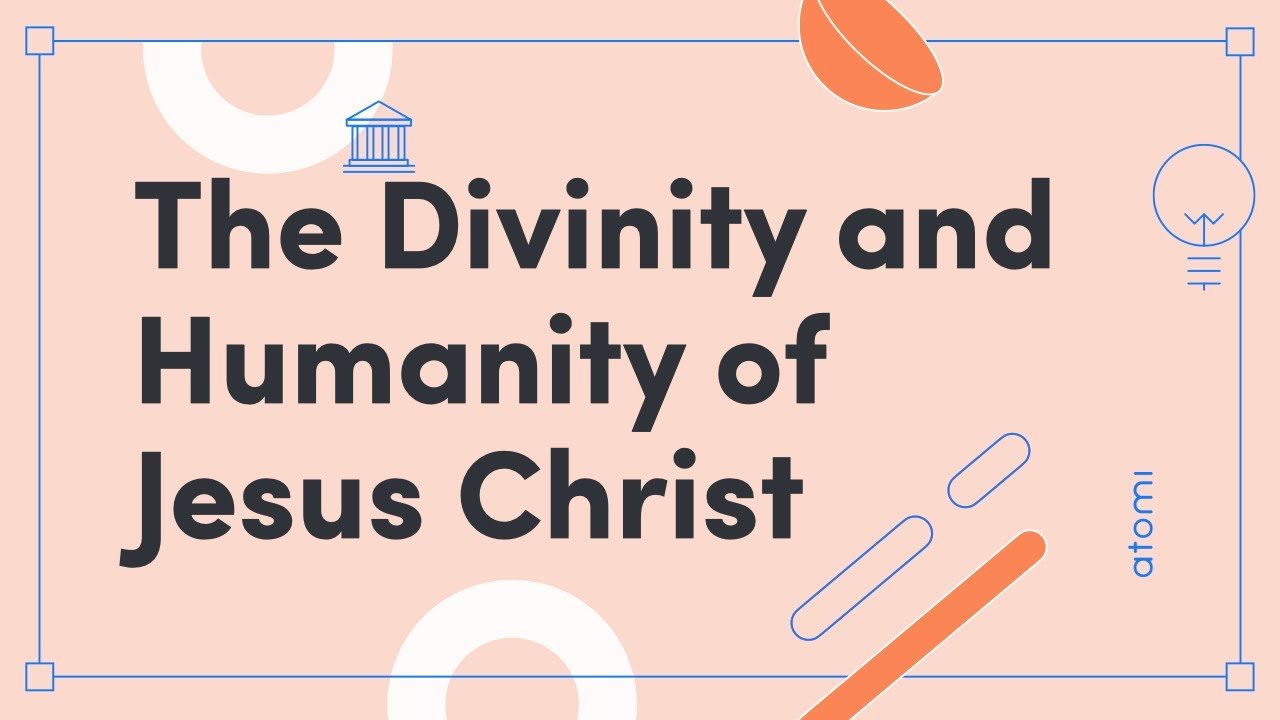[ad_1]
Unraveling the Mystery: Understanding Jesus Christ’s Divine and Human Nature
The figure of Jesus Christ has captivated the minds and hearts of millions of individuals across the globe for centuries. Whether one is a devoted believer or a skeptic, the enigmatic nature of Jesus Christ continues to provoke deep spiritual questions and profound philosophical discussions. Central to these debates is the understanding of Jesus’ divine and human nature, an intriguing mystery that has attracted the attention of scholars, theologians, and seekers of truth for generations.
Christian doctrine asserts that Jesus is fully God and fully human, but how can these seemingly contradictory elements coexist in one person? To comprehend this complex concept, it is crucial to examine the historical context, influential theological developments, and scriptural insights.
To understand Jesus’ divinity, we must first delve into the ancient philosophical and religious traditions that influenced the early Christians. In the Greco-Roman world, the idea of divine-human beings was not entirely unknown. Greek gods were often portrayed as taking on human form, engaging in mortal activities while remaining divine. However, the Christian understanding of Jesus as both fully God and fully human goes beyond these mythological depictions.
The theological exploration of Jesus’ nature originated in the early centuries of Christianity. Influential thinkers such as Athanasius and Cyril of Alexandria contended that Jesus’ divine nature was uncreated, eternal, and coeternal with the Father. They embraced the idea that Jesus was the Word made flesh, the Logos, who had existed before time and became incarnate for the salvation of humanity. These teachings formed the basis of the Nicene Creed, which affirmed the divinity of Christ and paved the way for orthodox Christology.
Meanwhile, the understanding of Jesus’ humanity developed alongside the theological discussions concerning his divinity. The Gospel accounts depict Jesus as a fully human being who experienced hunger, fatigue, and various emotions. He was born, grew up, worked, and ultimately faced a human death. These aspects of Jesus’ life are crucial for believers, as they emphasize his ability to empathize with human suffering and offer salvation through his sacrifice.
The Gospel narratives, especially the synoptic Gospels of Matthew, Mark, and Luke, provide glimpses into Jesus’ human side, highlighting his interactions, teachings, and parables. These accounts showcase Jesus’ compassion, wisdom, and the unfolding of his divine plan. Through his miracles, healings, and teachings, Jesus revealed both his human and divine characteristics, captivating those who encountered him.
Throughout history, various heresies arose, challenging the orthodox understanding of Jesus’ nature. Some heresies, such as Arianism, denied the divinity of Jesus, claiming he was a created being. Others, such as Docetism, argued that Jesus only appeared to be human but was, in fact, fully divine. These challenges compelled the early Church to develop doctrines clarifying Jesus’ dual nature. The Councils of Nicaea (325 AD) and Chalcedon (451 AD) were instrumental in articulating these orthodox teachings, thoroughly examining the scriptural accounts and philosophical reasoning.
From a scriptural perspective, the New Testament contains references that affirm both Jesus’ divinity and humanity. For instance, in the Gospel of John, Jesus proclaims, “I and the Father are one” (John 10:30), asserting his unity with God. In the same Gospel, Jesus also weeps at the tomb of Lazarus (John 11:35), revealing his deep human emotions. Similarly, the Letter to the Hebrews describes Jesus as both high priest and the perfect sacrifice, bridging the gap between divinity and humanity.
Understanding Jesus Christ’s divine and human nature requires a delicate balance that acknowledges the mystery while weaving together theological, historical, and scriptural threads. Embracing the fullness of Jesus’ nature allows believers to appreciate the depth of his love, compassion, and redemptive mission. It also invites seekers of truth to ponder profound questions about the nature of humanity, divinity, and the ultimate purpose of existence.
In unraveling the mystery that is Jesus Christ, one discovers a figure whose dual nature continues to transcend time, culture, and individual beliefs. Whether one contemplates Jesus’ divine attributes or reflects upon his human experiences, the enigma remains, beckoning humanity to embrace the profound mystery that lies at the heart of the Christian faith.
[ad_2]



